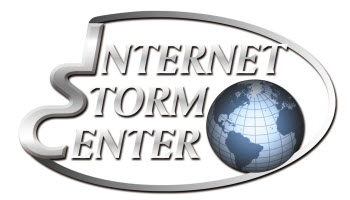I published the following diary on isc.sans.edu: “‘OG’ Tools Remain Valuable“: For vendors, the cybersecurity landscape is a nice place to make a very lucrative business. New solutions and tools are released every day and promise you to easily detect malicious activities on your networks. And it’s a recurring story.
